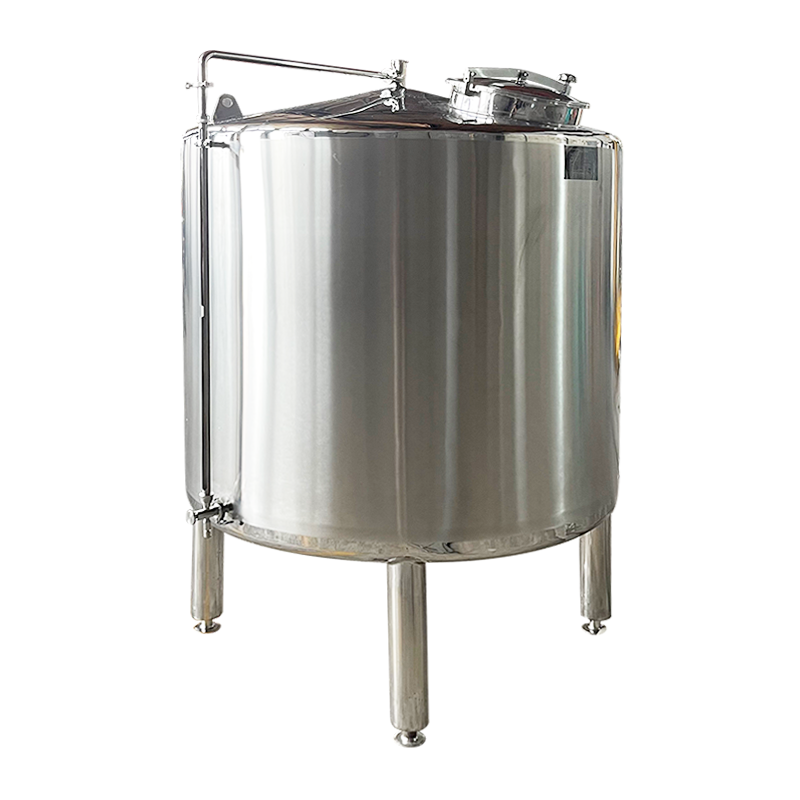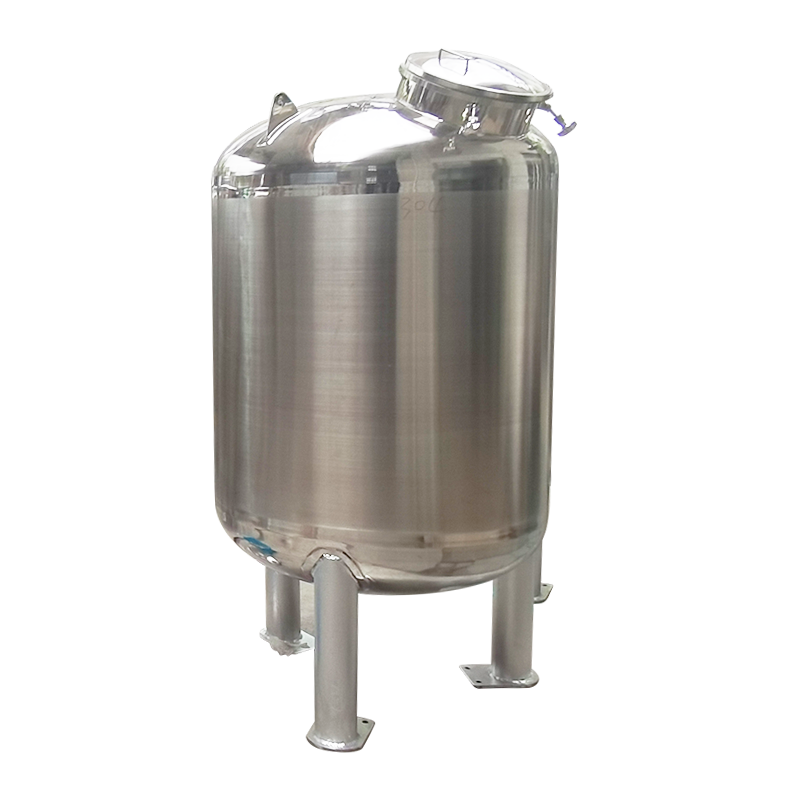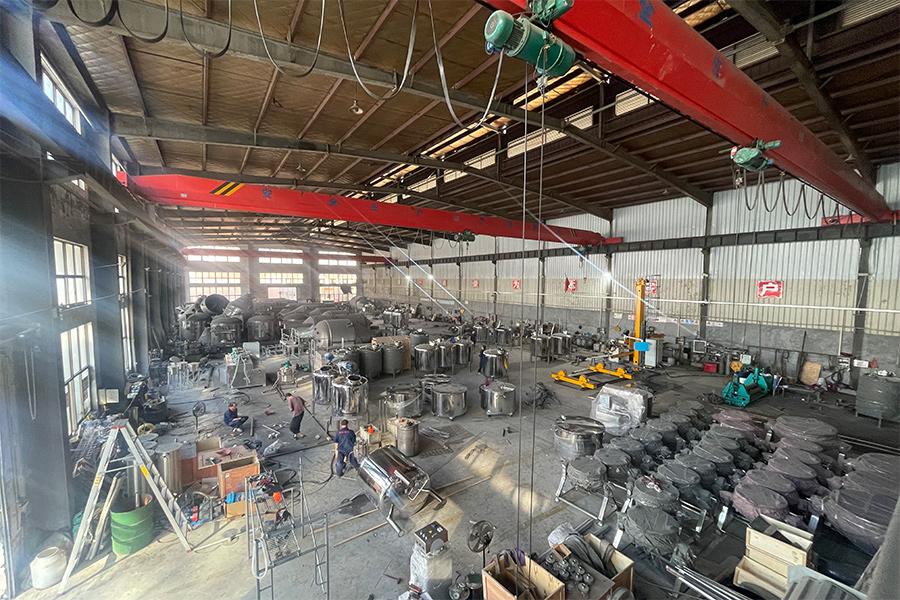A pharmaceutical storage tank is a specialized container used to safely store raw materials, intermediates, or finished products in pharmaceutical manufacturing. These tanks are designed to maintain the quality and integrity of sensitive substances by providing controlled environments, including temperature and contamination protection. Typically made from stainless steel or other non-reactive materials, pharmaceutical storage tanks feature smooth surfaces for easy cleaning and sterilization. They may include features such as agitation systems, temperature control jackets, and sealed lids to prevent contamination.
The Durability and Hygiene Benefits of Stainless Steel Storage Tanks
A stainless steel storage tank is a durable container used across various industries for storing liquids, chemicals, or food products. Known for its corrosion resistance and strength, stainless steel is a preferred material because it helps maintain the purity and quality of stored substances.
These tanks are constructed with smooth, non-porous surfaces that prevent contamination and are easy to clean and sanitize, which is important in industries such as food processing, pharmaceuticals, and chemical manufacturing. The tanks come in various sizes and shapes, ranging from small vessels to large industrial containers, designed to meet specific storage needs.
Stainless steel storage tanks often include features like heating or cooling jackets to control temperature, agitators to maintain uniformity of contents, and sealed lids to protect the material from external exposure. Some tanks are designed to operate under pressure or vacuum conditions depending on the application.
The use of stainless steel ensures that the tank can withstand exposure to harsh chemicals, temperature fluctuations, and mechanical stress without degrading. This durability contributes to longer service life and reduced maintenance costs.
Proper maintenance, including routine cleaning and inspection, is essential to keep stainless steel storage tanks functioning efficiently and safely. Regular checks for corrosion, weld integrity, and seal condition help prevent contamination and leaks.
In summary, stainless steel storage tanks offer a reliable and hygienic solution for storing various substances, supporting quality control and operational efficiency across multiple industries.
Key Considerations for Choosing Sterile Water Storage Tanks
A sterile water storage tank is designed to safely store purified water that meets stringent hygiene and purity standards. These tanks are widely used in healthcare, pharmaceutical, and laboratory settings where sterile water is essential for processes such as cleaning, formulation, and equipment rinsing.
Sterile water storage tanks are typically made from materials such as stainless steel or high-grade plastics that resist corrosion and contamination. The smooth interior surfaces facilitate easy cleaning and sterilization, preventing microbial growth and ensuring water quality.
These tanks often include sealed lids and fittings to protect the sterile water from external contamination. Temperature control systems may be integrated to maintain water at specific temperatures suitable for different applications.
Many sterile water storage tanks are equipped with sensors and automated monitoring systems to track water quality parameters like temperature and microbial levels. This ensures the water remains within required standards for safety and effectiveness.
Regular cleaning, sterilization, and validation procedures are critical for maintaining the integrity of sterile water storage tanks. These processes help comply with industry regulations and avoid contamination risks.
In healthcare and pharmaceutical production, the availability of high-quality sterile water is crucial. Sterile water storage tanks provide a controlled environment that supports safe and efficient operations.
Overall, sterile water storage tanks play an important role in maintaining the quality and safety of purified water used in sensitive applications.


















